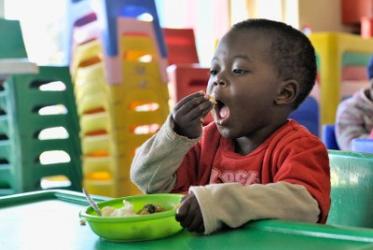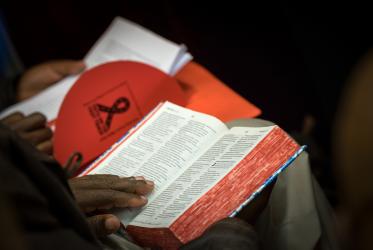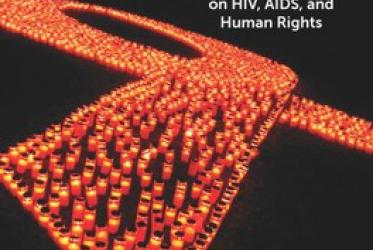Displaying 81 - 100 of 147
UN discussion focuses on women, HIV and property rights
21 March 2017
Lead by example: get HIV tested
30 November 2016
Bible study gives hope as youth reflect on HIV
02 November 2016
Zambia: “On HIV, we do not compete. We work together.”
20 October 2016
New videos help congregations hasten HIV response
20 October 2016
Kenya: Voice of faith communities crucial in overcoming HIV
14 October 2016
WCC book featured in UN discussion on gender, religions and health
16 September 2016









